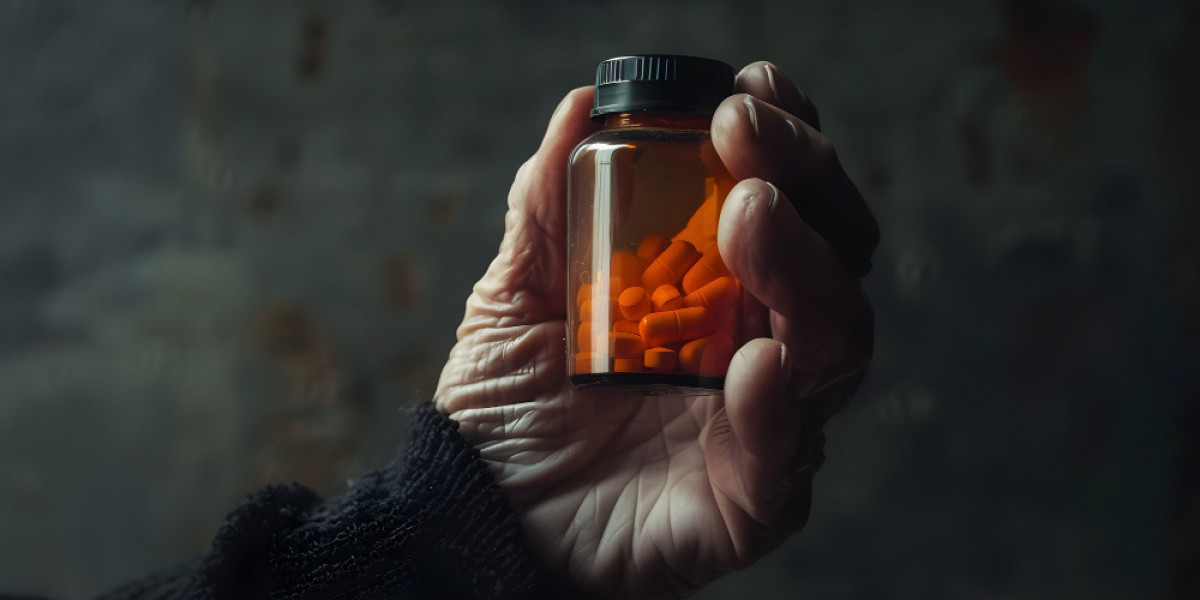While current treatments help many patients, a significant percentage experience inadequate relief. Fortunately, pharmaceutical innovation is accelerating, with several new drugs for depression showing remarkable potential. Here, we explore seven cutting-edge therapies that could revolutionize how we treat this debilitating condition.
Current Treatment Landscape and Unmet Needs
Despite the availability of numerous antidepressants for major depressive disorder, approximately 30-40% of patients are considered treatment-resistant, failing to achieve remission after multiple medication trials. This persistent treatment gap has spurred researchers to explore novel mechanisms beyond the traditional monoamine hypothesis that has dominated depression pharmacology for decades.
Rapid-Acting Glutamate Modulators
Traditional antidepressants typically require weeks to produce meaningful clinical benefits. However, newer agents targeting the glutamate system offer hope for faster relief.
Rapastinel (GLYX-13): Unlike ketamine's dissociative side effects, Rapastinel acts as a partial agonist at the glycine site of NMDA receptors, potentially providing rapid antidepressant effects without hallucinogenic properties. Its intravenous administration shows onset of action within hours rather than weeks.
AXS-05: This oral combination of dextromethorphan and bupropion works through multiple mechanisms, including NMDA receptor modulation and monoamine reuptake inhibition. Phase III trials have demonstrated significant improvements in depression scores as early as week one of treatment.
Neuroinflammation-Targeted Therapies
Growing evidence links neuroinflammation to depression pathophysiology, inspiring novel medications for major depressive disorder.
JNJ-54175446: This P2X7 receptor antagonist blocks a key inflammation pathway in the brain. By inhibiting the release of pro-inflammatory cytokines, it addresses the neuroinflammatory component of depression. Early human trials suggest particular efficacy in patients with elevated inflammatory biomarkers.
BNC210: Targeting both neuroinflammation and anxiety pathways, this novel compound modulates the alpha-7 nicotinic acetylcholine receptor. Its dual mechanism makes it particularly promising for patients with comorbid anxiety and depression, a common clinical presentation.
Neuroplasticity Enhancers
Depression is associated with decreased neuroplasticity and neural atrophy in key brain regions. New treatments aim to reverse these changes.
NV-5138: This small molecule directly activates mTORC1 signaling, a critical pathway for synaptogenesis. By bypassing neurotransmitter receptors entirely, NV-5138 represents a paradigm shift in depression pharmacology, potentially restoring neural circuits damaged by chronic stress.
Precision Medicine Approaches
The future of depression treatment increasingly involves matching specific biological subtypes to targeted therapies.
SAGE-217 (Zuranolone): This neuroactive steroid positively modulates GABA-A receptors, producing rapid anxiolytic and antidepressant effects. Unlike benzodiazepines, it doesn't appear to cause dependence or tolerance. Its oral formulation and rapid onset make it particularly valuable for episodic treatment of major depressive episodes.
MAP4343: Targeting both neurosteroid pathways and microtubule dynamics, MAP4343 promotes neuronal growth and connectivity. This first-in-class molecule aims to address the structural neural deficits observed in chronic depression, potentially offering benefits for cognitive symptoms that often persist even after mood improves.
The Future of Depression Treatment
These seven innovative drugs for MDD represent just the leading edge of a new wave in psychiatric pharmacology. The pipeline includes dozens more compounds exploring additional mechanisms, including kappa-opioid modulation, trace amine-associated receptor targeting, and cholinergic system regulation.
For the millions struggling with inadequately treated depression, these breakthroughs offer renewed hope. The paradigm is shifting from the "one-size-fits-all" approach toward personalized treatment strategies based on specific biological signatures, symptom clusters, and individual response patterns.
As these novel therapeutics progress through clinical development, they promise not only to expand treatment options but fundamentally transform our understanding of depression's complex neurobiology. While challenges remain in bringing these innovations to market, the future of depression treatment appears brighter than it has in decades, with truly mechanistically novel options on the horizon.
Latest Blog Offered By DelveInsight:
Rheumatoid Arthritis Market, Epidemiology and Market Forecast-2020
The Present Rheumatoid Arthritis Treatment Market Offers a Mix-and-Match Approach
Latest Reports:-
Advanced Liver Cancer Market | Aids Related Kaposi’s Sarcoma Market | Aids Related Kaposis Sarcoma Market | Androgen Insensitivity Syndrome Market | Bile Duct Cancer Market | Biliary Tumor Market | Bone And Joint Infection Market | Cellulitis Market | Central Retinal Venous Occulsion Market | Checkpoint-inhibitor Refractory Cancer Market | Cholangiocarcinoma Market | Chronic Cutaneous Ulcer Market | Chronic Insomnia Market | Chronic Plaque Psoriasis Market | Chronic Pruritus Market | Chronic Smell And Flavor Loss Market | Clbp Market | Cluster Headache Market | Congenital Hyperinsulinism Market | Degenerative Disc Disease Ddd Market | Diabetes Insipidus Market | Digestive System Fistula Market | Diverticulitis Market | Diverticulosis Market | Duodenoscope Market | Edward’s Syndrome Market | Endometrial Cancer Market | Endometriosis Pain Market | Eoe Market | Eosinophilic Disorder Market | Erosive Esophagitis Market | Functional Electrical Stimulation Market | Gene And Cell Therapies In Rare Disorder Market










